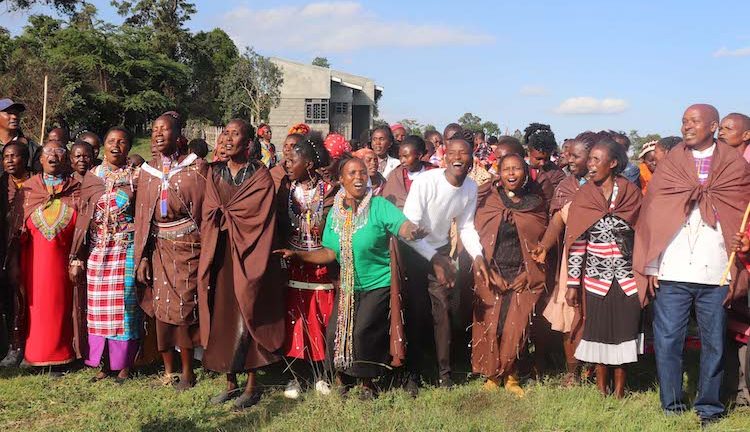
Community health promoters (CHPs) have long been the backbone of primary healthcare in Busia, serving as the first and often only link between remote households and the wider health system. Yet, despite their critical role, their work has been severely hindered by one persistent challenge: mobility.
Across Busia’s seven subcounties, CHPs each support more than 100 households, walking an average of four kilometres a day while carrying medical supplies, registers, and equipment. With rough terrain, scorching heat, and impassable roads, their ability to respond to emergencies has frequently been the difference between life and death.
“For years, CHPs have been trained, equipped with digital tools and provided stipends, but the most basic need for transportation remained unmet,” a representative from World Bicycle Relief explained.
“Their potential to serve communities was limited not by skills or willpower, but by how far their feet could take them.”
For Phaustine Omasete, a CHP in Teso North’s Katotoi Community Unit, the importance of mobility became life-saving one night in March. A young couple arrived at his door at 10 pm — the woman, aged 22, was suffering severe bleeding following a miscarriage two weeks earlier. She needed immediate medical attention.
Just weeks earlier, Omasete had received a Buffalo Bicycle through a partnership involving World Bicycle Relief, Living Goods, and Busia county’s government. That bicycle carried the woman to Ang’urai Health Centre, where she received emergency care. By 1 am, she was safely home.
“That night showed me the power of a bicycle,” Omasete recalled. “Without the bicycle, I don’t know what would have happened.”
Since then, 350 Buffalo Bicycles — designed for durability on rough terrain — have been distributed to 324 CHPs and 26 community health assistants across Busia. The initiative has dramatically improved healthcare access, enabling workers to visit more households daily, deliver malaria treatments and test kits, and respond faster to crises.
“This is more than a logistics solution. It’s about dignity, access, and equitable care,” said Maureen Kolenyo, World Bicycle Relief’s regional director. “When CHPs can move faster and farther, the whole system becomes more responsive.”
For scattered rural communities, these bicycles have become far more than transport — they are a lifeline, symbolizing hope, access, and survival.



